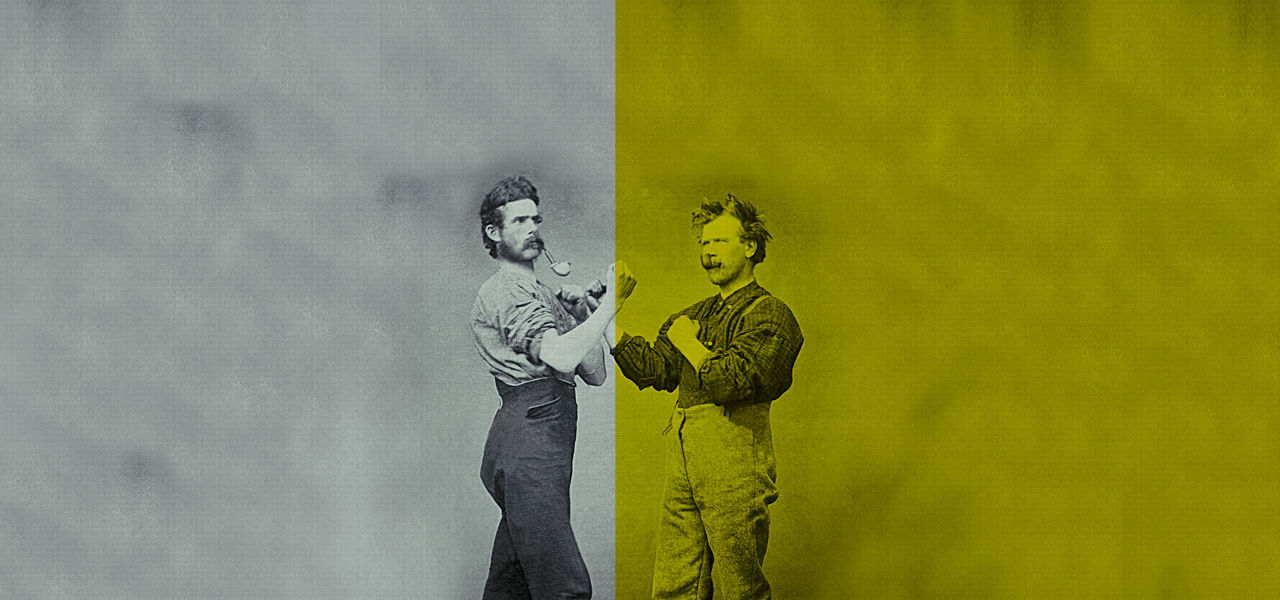





The old SEFARAD and SINAGOGA BEER
Sepharad, or Sefarad, is a Biblical place name of uncertain location. It is mentioned only once in the Bible, in the Book of Obadiah.
Many many years ago, Spanish Jews gave the name "Sepharad" to the Iberian peninsula. The descendants of Iberian Jews refer to themselves as Sephardi Jews, and identify Spain as "Sepharad" in modern Hebrew.
Historically, the vernacular language of Sephardi Jews was Ladino, a Romance language derived from Old Spanish, incorporating elements from all the old Romance languages of the Iberian Peninsula, Hebrew, Aramaic, and in the lands receiving those who were exiled, Ottoman Turkish, Arabic, Greek, Bulgarian and Serbo-Croatian vocabulary.
In the narrower ethnic definition, a Sephardi Jew is a Jew descended from the Jews who lived in the Iberian Peninsula in the late 15th century, immediately prior to the issuance of the Alhambra Decree of 1492 by order of the Monarchs in Spain, and the decree of 1497 in Portugal by order of King Manuel I.
Prior to 1492, substantial Jewish populations existed in most Spanish and Portuguese provinces. Among the more prominent were in Lisbon, Toledo, Córdoba, Seville, Málaga and Granada.
Smaller towns such as Ocaña, Guadalajara, Buitrago de Lozoya, Lucena, Ribadavia, Hervás, Llerena, and Almazán were founded or inhabited principally by Jews.
In Castille Kingdom, AGREDA, Aranda de Duero, Ávila, Alba de Tormes, Arévalo, Burgos, Calahorra, Carrión de los Condes, Cuéllar, Herrera del Duque, León, Medina del Campo, Salamanca, Segovia, Soria, and Villalón were home to large Jewish communities or aljamas. Also Aragon Kingdom had substantial Jewish communities in the famous Calls of Tarazona, Zaragoza, Girona, Barcelona, Tarragona, Valencia and Palma (Majorca).
SINAGOGA BEER, from AGREDA, is a small link to all that part of the common history.
